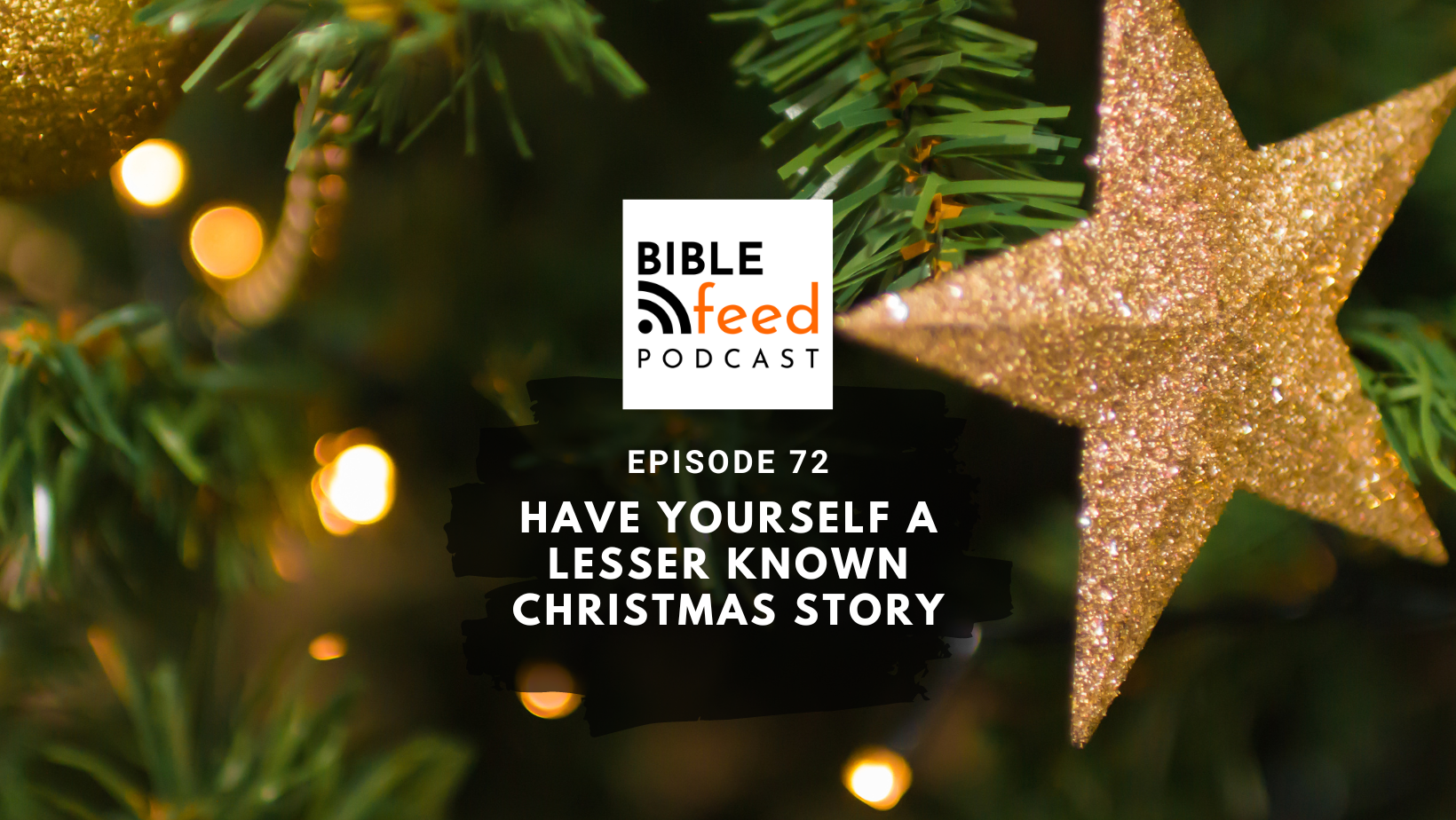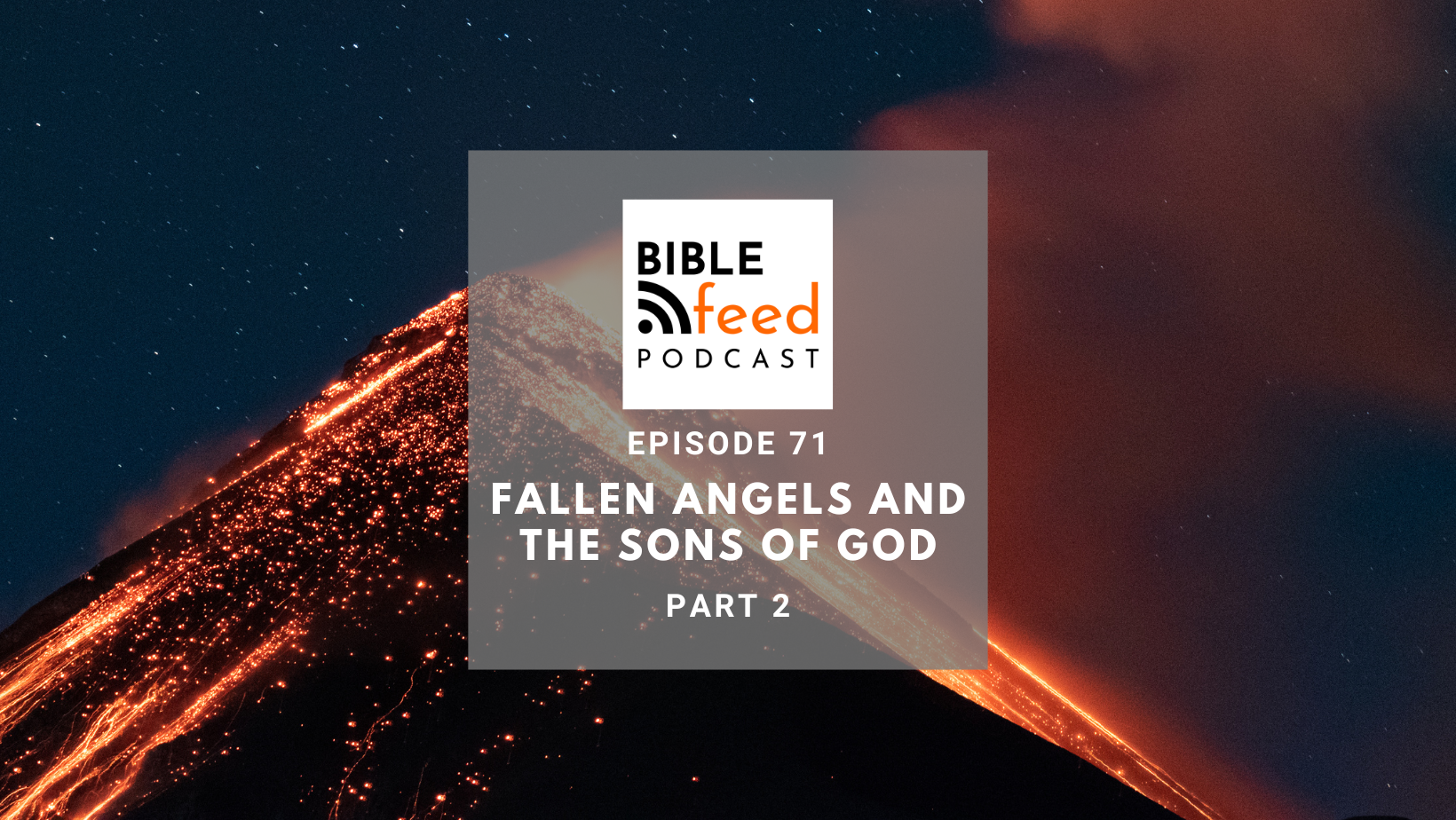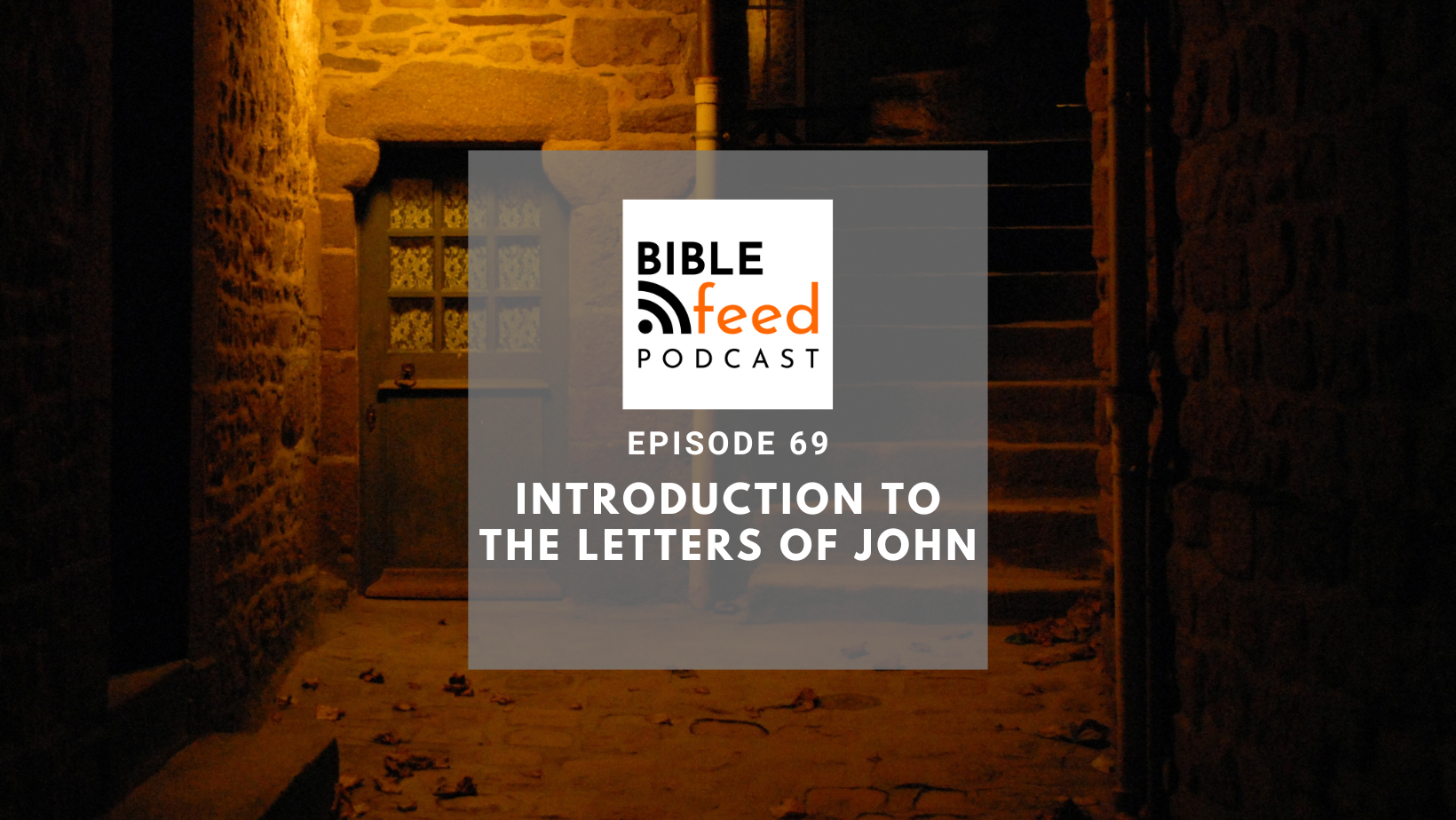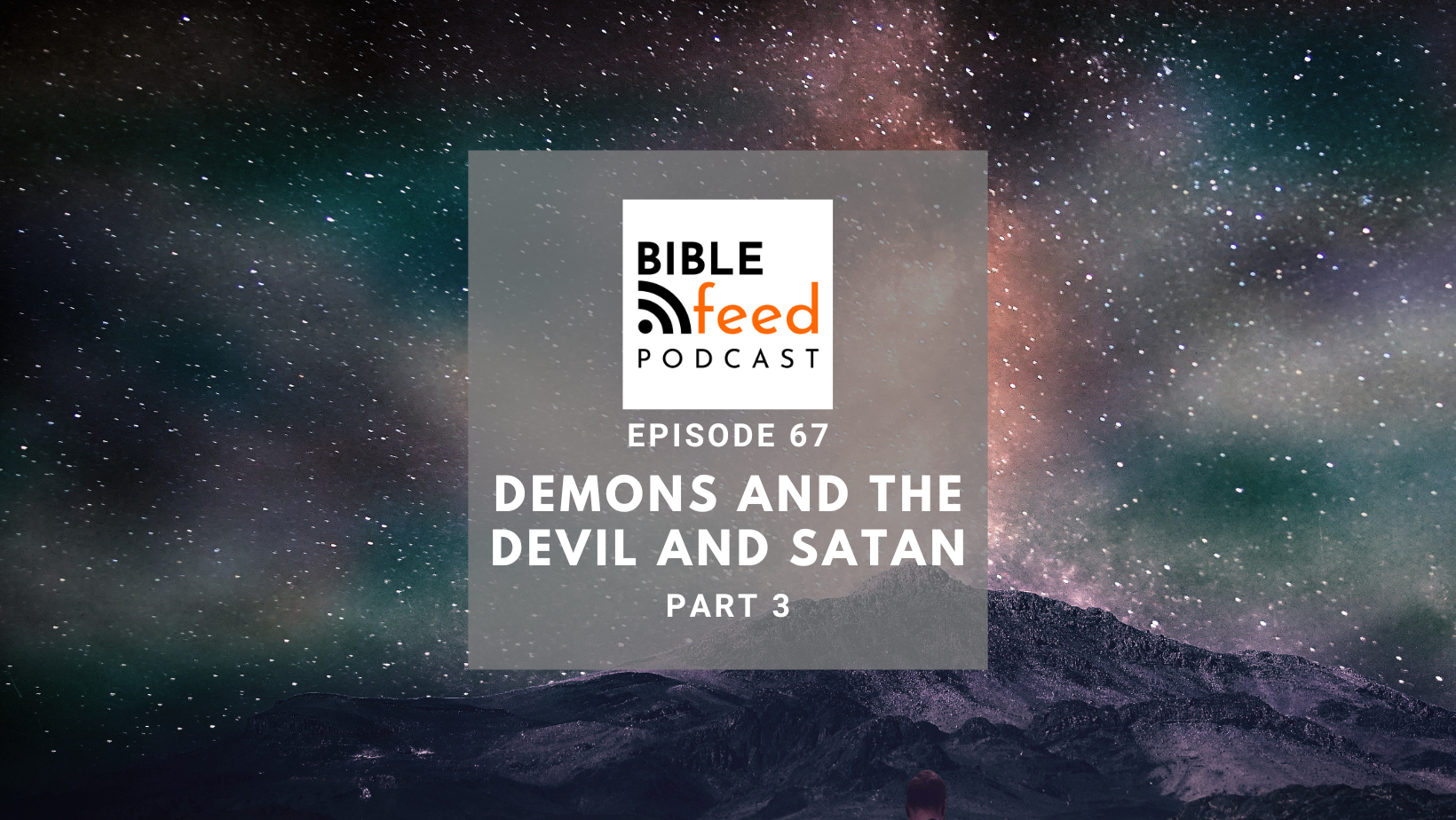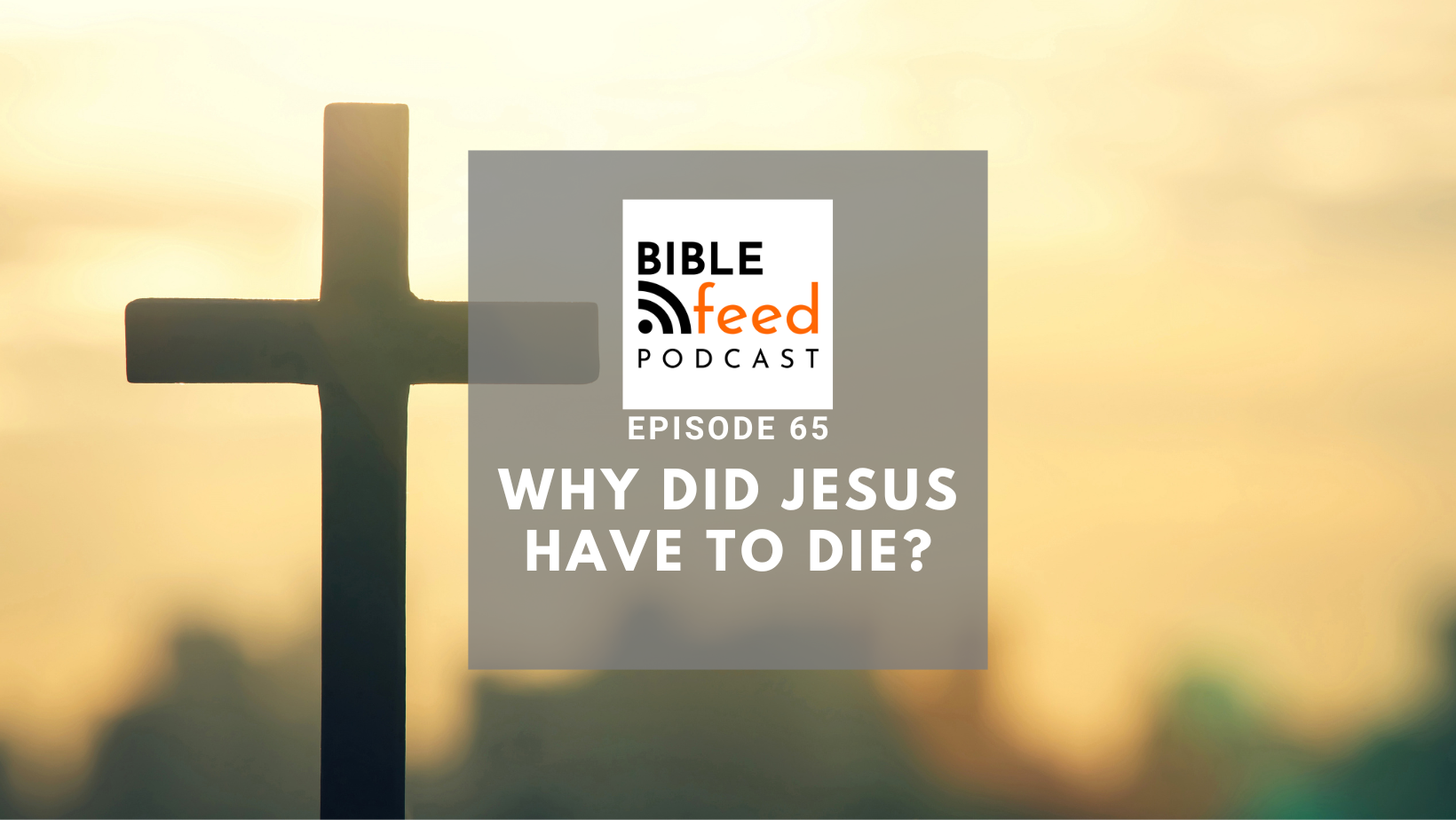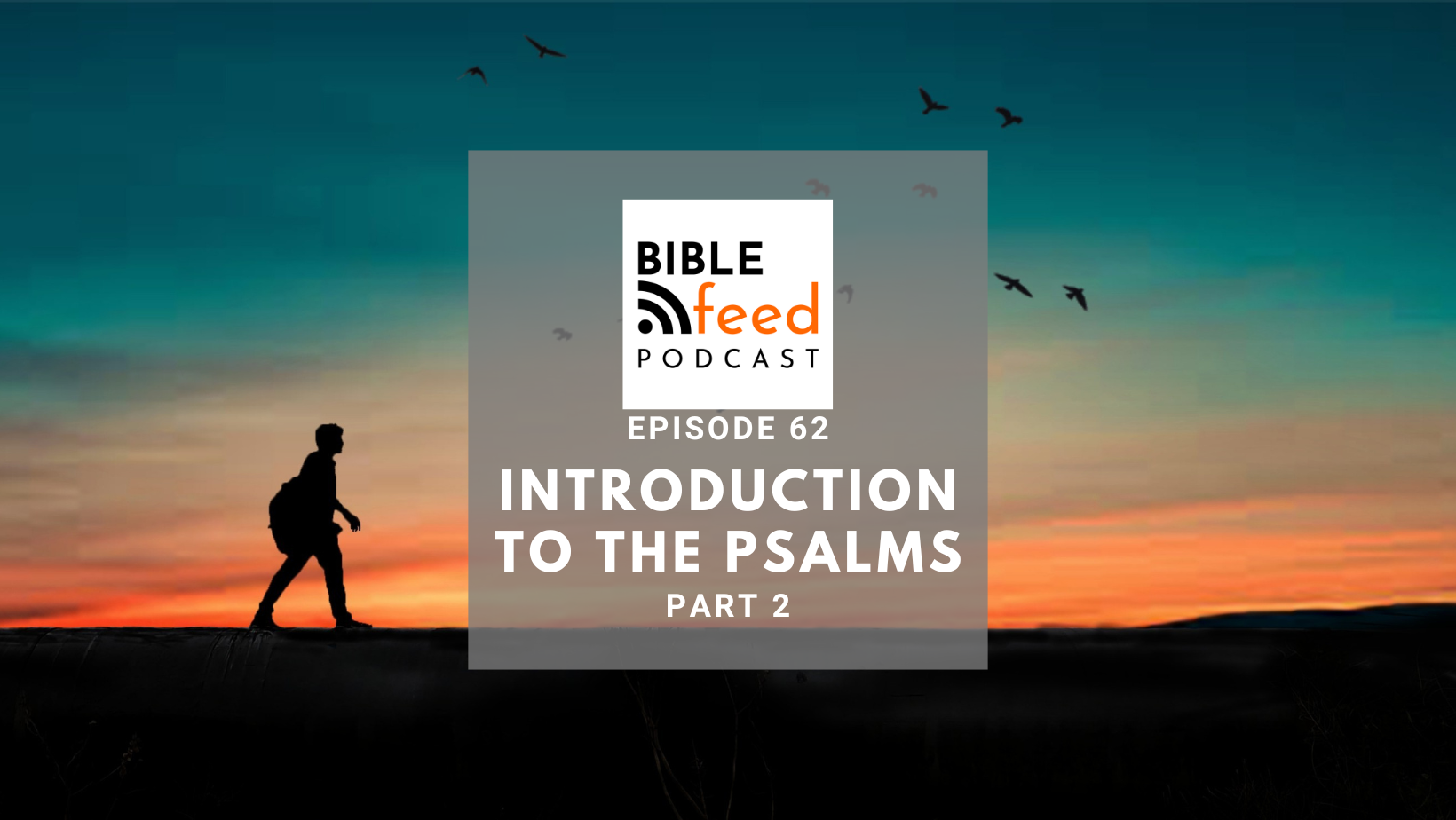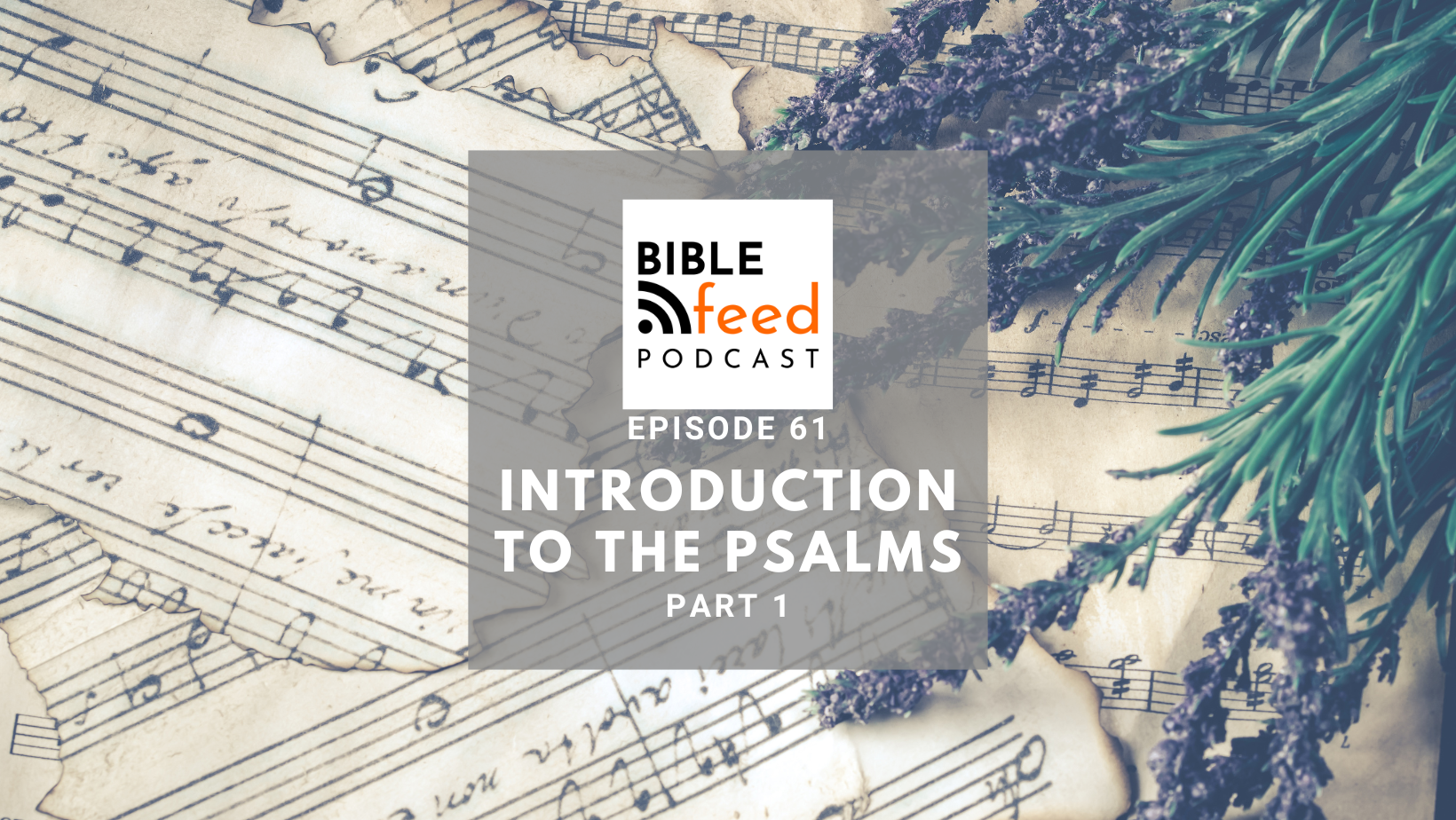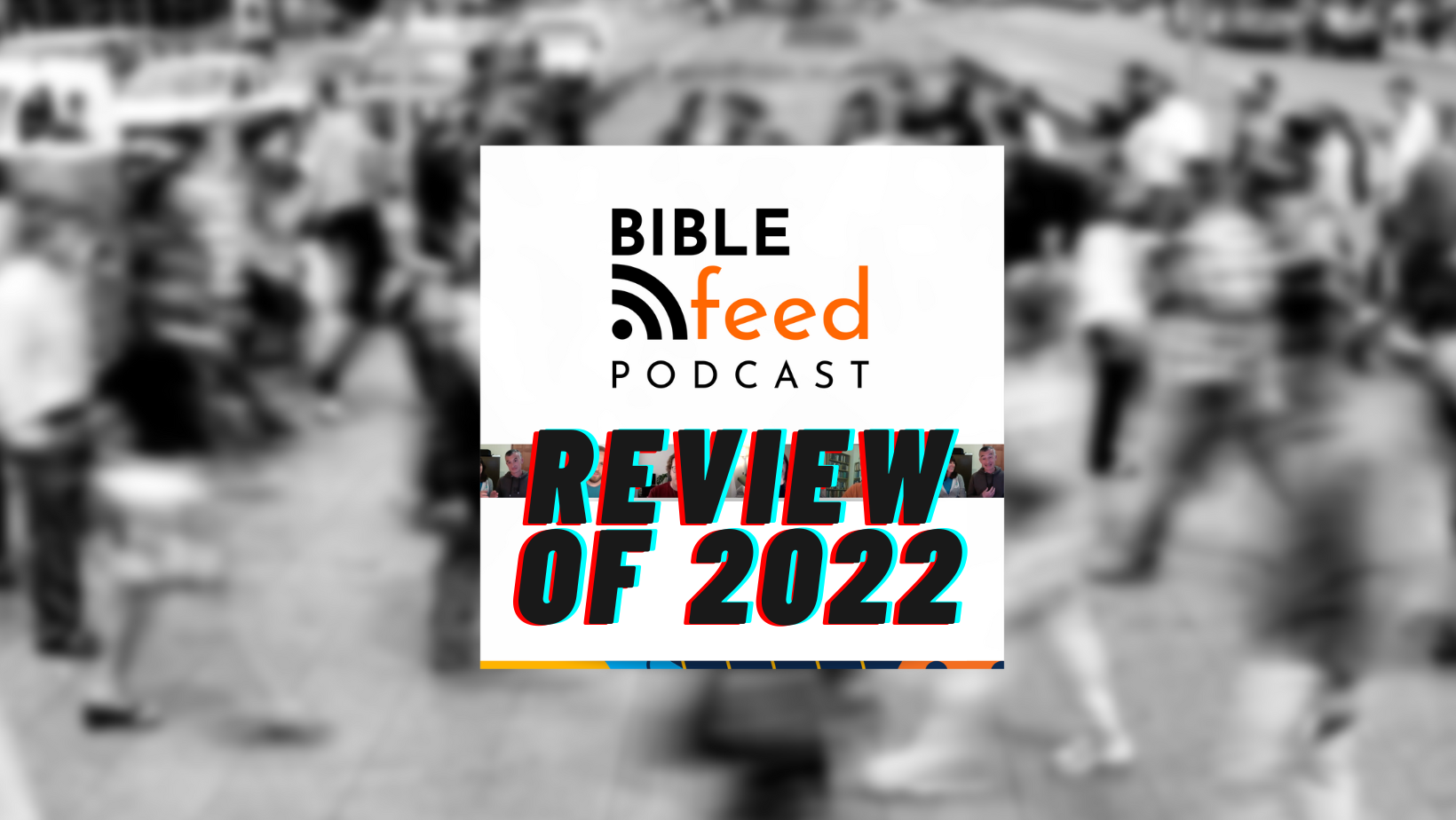Relaunching the podcast, Dan and Laurence celebrate by pondering a lesser known Christmas story. They encounter a community of people in the temple at Jerusalem "waiting for the consolation of Israel". They discover that the birth of Jesus is firmly rooted in a backstory. Investigating mystery deaths and incomplete sentences, this is an invitation to have yourself a lesser known Christmas story!
We continue our exploration of the Divine Council worldview by looking at claims made about verses in Deuteronomy 32, the introduction to the book of Job and Psalm 82. It is useful to understand the cultural background to the text of the Bible, but we conclude that it's also important to avoid being distracted by speculative ideas from the main thrust of the Bible message about Jesus reconciling humans to God.
Dan and Laurence step into the New Testament for an introduction to the three letters of John. After exploring the stark contrasts and Torah references in the first letter they then see how the second and third letters apply the theory from the first letter to two opposite situations. And finally, little children, keep yourselves from idols...uh?
Where do demons fit into a Biblical theology? We look at the few places they appear in the Old Testament and find them linked to the idols worshipped by the peoples around the ancient Israelites. It turns out they are presented as having no real existence or power. So why do demons suddenly make a large appearance in the Gospels?
Dan welcomes guest, John Launchbury, to discuss the vital question: why did Jesus have to die? They explore the meaning of the word atonement and consider the pros and cons of some of the main atonement theories. As they explore the key scriptural passages involved they find that the impact of the death of Jesus can be just as profound today as it was in the 1st century - and it's all about changing us rather than changing God!
In the dead of night, in the middle of the sea of Galilee under a ferocious storm, Jesus appears walking on the waves towards his disciples. He calms the sea and the boat is immediately at land and safety. It's no wonder that the disciples were amazed at this. What did this mean? If Jesus could control creation by walking on the raging sea, does that make him divine? Does walking on water show that Jesus is God?
Continuing the conversation from Part 1, Jordan and Dan find that some Psalms express doubts and uncertainties and deeply question what God is doing. But by remembering what God has done in the past the Psalmist is led back to peace of mind and trust in God, ending with a call for "everything that has breath to praise the LORD"!
In the first part of our introduction to the Psalms, Dan talks to Jordan Walton about whether the Psalter is just a random collection of prayers and songs or whether there is some structure to it. Having identified a five book structure, they start to delve into the focus of books one and two.
Christmas is a time of joy and festivity, but the joy sometimes fades away much quicker than we would like. By turning attention directly to the birth of Christ, can we recapture something of a more permanent joy and rejoicing to help us through life with more optimism and hope?

